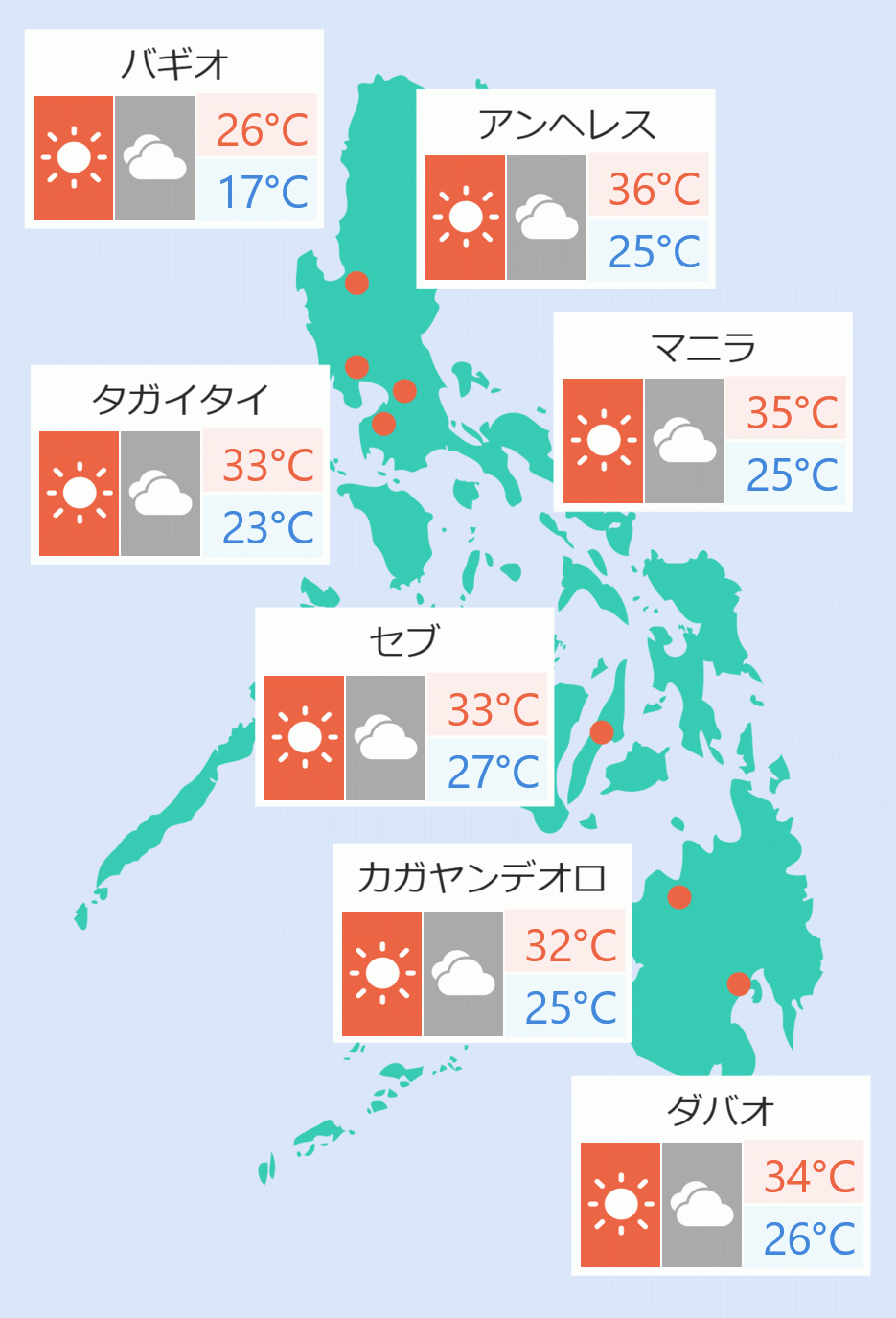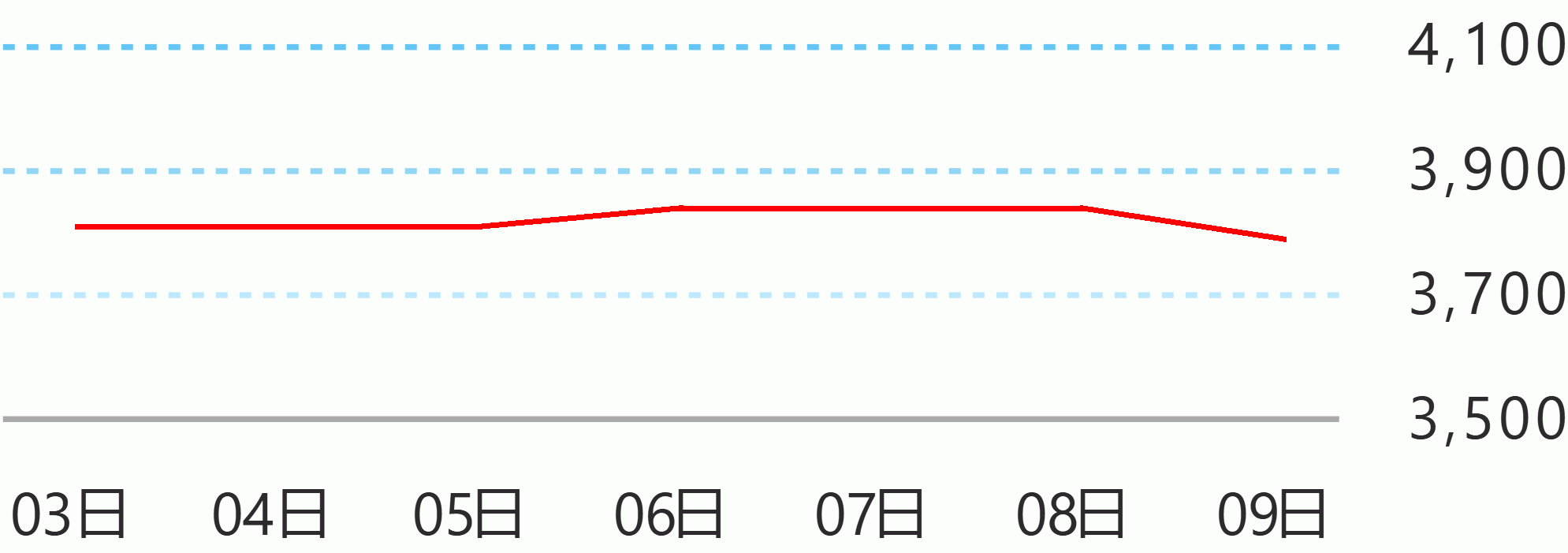The Philippines is open to utilize nuclear power to meet the country's energy requirements, Energy Secretary Alfonso Cusi said on Tuesday.
Speaking during the opening of a three-day International Atomic Energy Agency Conference on the Prospects of Nuclear Power in the Asia Pacific Region in Manila, Cusi admitted increasing demand for power is the "most pressing concern" for the country.
With intensified electrification programs, increasing population and strong gross domestic product growth, he noted demand for electricity is expected to grow by an average five percent per year until 2030, or around 126 terra-watt hour (TWh) from the 2015 level of 82 TWh.
"To meet this requirement, we have to weigh all our options, with emphasis not just on meeting capacity requirements, but sustainability and environmental obligations as well," Cusi said.
"Given its known characteristics, nuclear technology can be viable choice for the country," he said.
Cusi said he was told on a "levelized basis," nuclear power is an economical source because it is "high on productivity and reliability, and low on costs and emissions."
Nuclear infrastructure and system is more cost-efficient in the long-term, he added.
The Philippines built the 620-megawatt Bataan Nuclear Power Plant in 1977.
But the nuclear plant, which became controversial because of its huge cost, was mothballed in the wake of the Chernobyl disaster in 1986. There were attempts to revive the plant during the power crisis in the 90s and as oil prices skyrocketed in 2007.
Cusi said during those times, the energy department came close to reconsidering nuclear power as a potential energy source.
But when the Fukushima nuclear plant incident happened during the 2011 earthquake-tsunami, this created global panic and spawned concerns about safety and integrity of nuclear plant, he said.
"In the Philippines, the incident virtually led to an undeclared moratorium on all plans to go nuclear power generation," Cusi said.
As of end 2015, the Philippines' power generation mix is composed of 45 percent coal, 25 percent renewable, 23 percent natural gas, and seven percent oil.
Last year also, the country's installed capacity mix is made up of 66 percent fossil fules, 15 percent of which is in natural gas. Celerina Monte/DMS




 English
English










